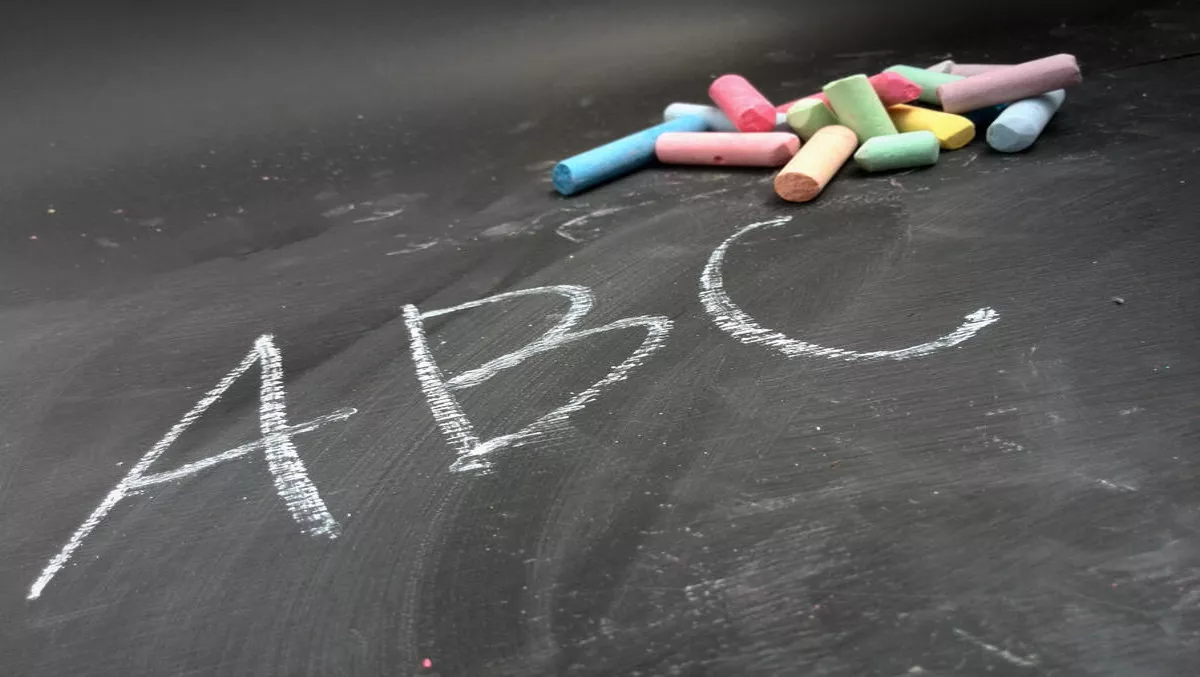
Captioning in schools: How it can help deaf and hard of hearing kids
Captioning plays a vital role in helping people who are deaf and hard of hearing to follow and understand broadcast programmes, and it's no different in the classroom according to the New Zealand Federation for Deaf Children.
In schools teachers use videos more and more frequently and if they don't have captioning then the messages do not come across.
According to Kate Whale, president of New Zealand Federation for Deaf Children, the lack of video captioning in schools limits children's ability to succeed, as they are unable to learn.
"Captioning is hugely important, not only for the mainstream programmes but children's programmes," she says.
"If the programmes are without captions our children don't feel part of the family, they feel isolated and can't join experience life on an equal basis with their brothers and sisters," Whale explains.
In countries such as the UK, US, Australia and France, captioning is legislatively mandated.
Funding from the New Zealand Government through New Zealand on Air provides captioning on approximately 24% of new to air content or approximately 50% when repeats are included.
According to Leonie Wilson, president at Hear for Families, parents of children with Auditory Processing Disorder are often told their children need to try harder, concentrate better, and listen in class.
"For many, it is not until they are diagnosed with Auditory Processing Disorder that these education access issues can be dealt with appropriately," she says.
In "Listen Hear! New Zealand" Auditory Processing Disorder is identified as a type of hearing loss.
Wilson says with the appropriate supports children with Auditory Processing Disorder can fully participate in their classroom learning activities and succeed with learning. Whale adds the Ministry of Education is the Government access point for cost-free remote microphone hearing aids for children to use.
Remote Microphone Hearing Aids are not funded for children with Auditory Processing Disorder by any other Government agency.
As reported in the Saphere Report in 2014, in a population of 776,815 school children in New Zealand there is predicted to be an APD occurrence rate of 5 – 15%. This means there are at least 38,841 children who have APD. But the Ministry of Education provided less that 30 remote microphone hearing aids, nationwide to children with Auditory Processing Disorder in 2015 and over 4 years, from 2011 to 2015 the Ministry of Education funded 133 Remote Microphone Hearing Aids nationwide.
Leonie Wilson, President, Hear for Families which is a member organisation of The National Foundation for the Deaf, explains, "Often children who are loud and disruptive are labelled naughty, out of control or even ADHD, but maybe there is more to this story.
"Once diagnosed with Auditory Processing Disorder many people feel relieved to know what they have is real and that there are many things that can be done to help them, including trialling remote microphone hearing aids, and other treatment and management options.


